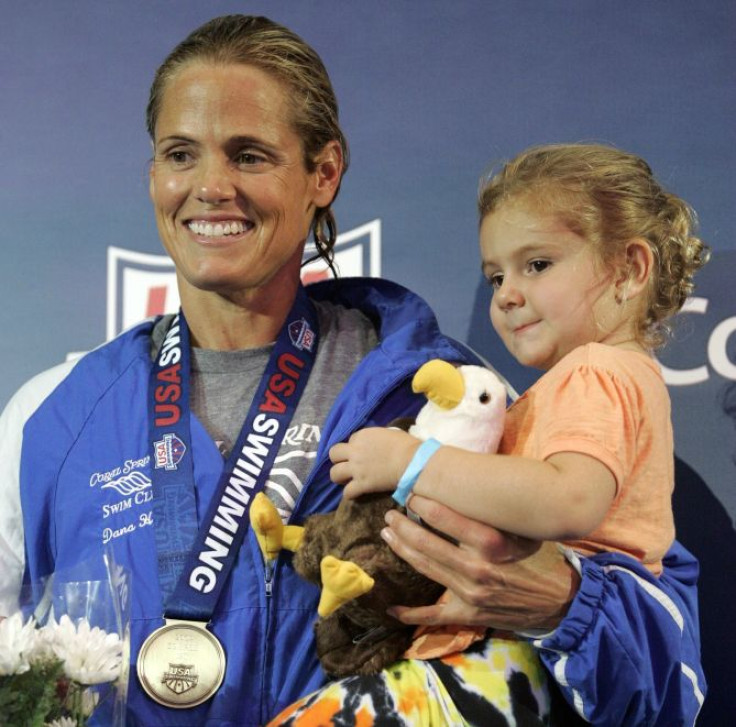Star Power Squandered: Research Suggests Female Athletes Are Rarely and Poorly Used as Ad Spokespeople

During highly anticipated sporting events, such as the Olympics, it only makes sense for athletic companies to advertise products in hopes to increase product sales. Research demonstrated, during the London Olympics we should expect to see increased advertisements with female athletes endorsing a product. However, once the Olympic Games cease, you won't see much of them again.
According to research conducted at the University of Delaware, American companies rarely employ female athletes as spokespeople – but when they do they do it poorly.
“The way female athletes are being used as endorsers negatively impacts their effectiveness and reduces wider opportunities for other female athletes,” said John Antil, a faculty member of the Alfred Lerner College of Business and Economics.
The Sex Appeal Effect
Antil states advertisers' focuses on youth and sex appeal instead of the athletes' athletic ability.
The study included nine focus groups, where participants were required to react to ads and discuss their perceptions. Antil and his colleagues found the sexual appeal—more often than not—often triggered negative responses from the female participants.
Take for instance the "Got Milk" ad that was produced in 2009 and featured Dara Torres in nothing buts a swimsuit. Many of the participants believed the ad was a "poor image for an outstanding athlete who achieved so much while raising a family." Antil stated many would have much preferred to see Torres advertised as mother who can balance a family, work and more efficiently demonstrate her physical attributes at the age of 40.
Additionally, results demonstrated when the spokeswoman was much younger than the targeted consumer, the distinctive difference in age made it challenging for the consumer to relate, which in turn affected the credibility and the sales of the product.
The "Who Are You" Factor
This year's London Olympic Games will have the highest participation of women competing on American Olympic teams. Being able to develop a list of well-known female athletes may have been more challenging than expected, according to Antil.
Familiarity, along with likability and similarity are all essential for producing a successful advertisement. A lack of these characteristics can impede an athlete's popularity in the advertising world.
According to Antil the advertisements over the course of the next few weeks will determine future endorsement contracts for these female athletes.



























